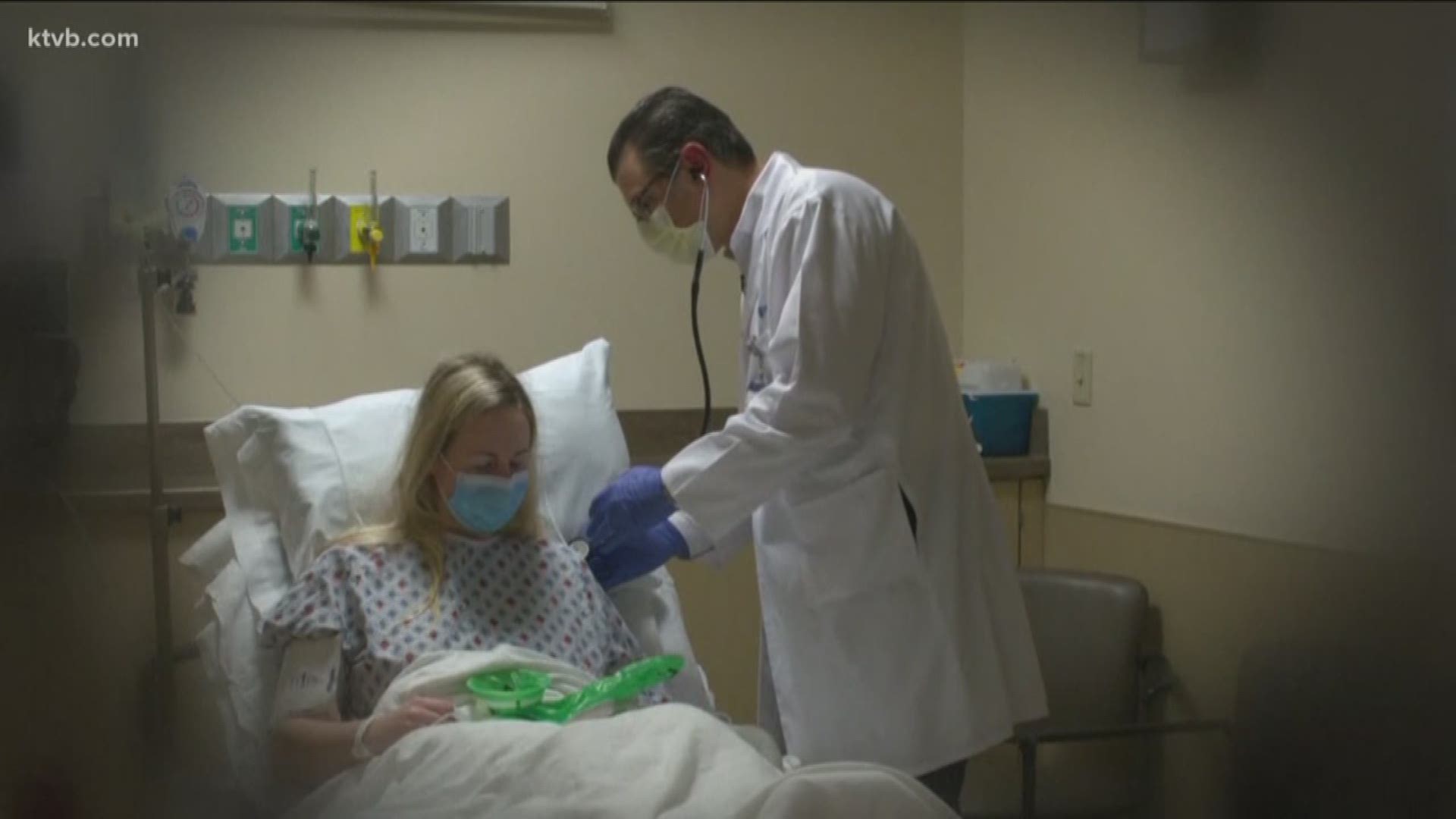NAMPA, Idaho — When it comes to hospice and palliative services, the focus is on care, not cures. However, as the nation continues to face a doctor shortage, those services could potentially be threatened.
“One of our fears is really not that there isn't enough physicians, but that they're not qualified and educated in the topics of hospice and palliative care,” Treasure Valley Hospice co-owner Honey Goodman said.
She says baby boomers are aging and as they go through the health care continuum, there’s not enough physicians with the necessary education to take care of them. Which is why Goodman is now working with the National Hospice and Palliative Care Organization to introduce a bill that would train and educate more physicians in these specialized areas.
“There is one thing in medicine that we all have in common and that's that eventually, because we're human, we die,” Goodman said. “To have physicians not trained up in the one thing that all humans have in common is a real downfall.”
At the only medical school in Idaho, the Idaho College of Osteopathic Medicine (ICOM), students get training in hospice and palliative care early in their education.
“For me it's really critical that doctors be educated on hospice care and palliative care,” said Brian Martin, ICOM’s Associate Professor of Pathology.
It’s unknown why medical students don’t typically get a lot of training when it comes to hospice care.
“The whole premise of osteopathic medical education is to treat the whole patient, not just the disease,” Martin said. “So, for students to understand exactly what the patients are going through and the support they need to live a good life and if that means having a good death as well, that's really important for their education.”
Without a boost for palliative care education and training, there will only be one palliative physician for every 26,000 seriously ill patients by 2030, according to the National Hospice and Palliative Care Organization.
“You want someone walking you through what quality of life looks like to you, how do we make sure you live well until you take your last breath and for some people that might be seeking treatments and for other people that might not be seeking treatments, but a physician needs to know the difference,” Goodman said.
Currently, three out of four members of Idaho's congressional delegation have co-sponsored the bill, with the exception of Russ Fulcher, according to Goodman. If the bill does pass, it will not only train physicians and nurses, but also social workers, as well as chaplains.

